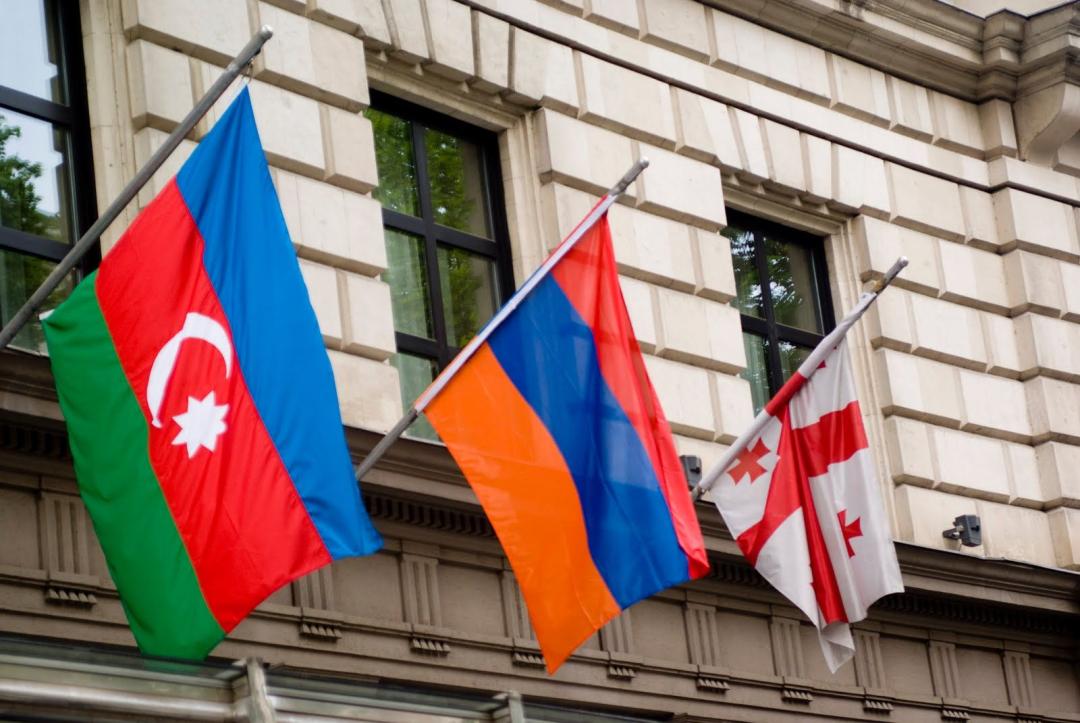
South Caucasus countries in the Index of Economic Freedom 2020

On 16 March, the Heritage Foundation published their Economic Freedom Index for the year 2020. Armenia and Georgia were classified amongst mostly free countries (34th and 12th) and Azerbaijan amongst the moderately free countries (44th) according to the report. Georgia’s overall score was 77.1 (1.2-point improvement in comparison to previous year), Armenia’s 70.6 (2.9-point improvement) and Azerbaijan’s 69.3 (3.9-point improvement).
The Index used 4 parameters: namely 1) rule of law (including the variables of property rights, government integrity and judicial effectiveness), 2) government size (government spending, tax burden, fiscal health), 3) regulatory efficiency (business freedom, labor freedom, monetary freedom) and open markets (trade freedom, investment freedom, financial freedom).
Regarding Armenia, the report stated that its overall score has increased by 2.9 points due to a significant spike in the fiscal health score. Armenia was ranked 18th among 45 countries in the Europe region, and its overall score is just above the regional average and well above the world average. The government is pursuing structural reforms, export promotion and greater foreign investment to boost future economic growth. To attract greater investment and finally break out of its holding pattern to move higher into the mostly free category, Armenia will need to focus more intently on improving judicial effectiveness and government integrity.
On Azerbaijan, the report stated that its overall score has increased by 3.9 points because of an increased score for business freedom, investment freedom, and fiscal health. Azerbaijan was ranked 24th among 45 countries in the Europe region, and its overall score is just below the regional average and well above the world average. Azerbaijan has made progress in its economic freedom scores since first being included in the Index in 1996. Its economy is now on the verge of joining the ranks of the mostly free. GDP growth, however, has remained stagnant for the past five years. To improve the conditions for greater economic freedom, the government will need to focus on improving government integrity and judicial effectiveness, and that will require significant institutional changes in the authoritarian political system, the overlapping of corporate and political interests, and the economy’s highly concentrated ownership structure.
The report stated that Georgia’s overall score has increased by 1.2 points with noticeable improvements on all indicators related to the rule of law. Georgia was ranked 6th among 45 countries in the Europe region, and its overall score is well above the regional and world averages. Multi-year reforms to reduce corruption, cut regulation, and simplify taxes have led to upward movement in all aspects of economic freedom. A top-10 ranking will require even more intensive efforts to improve perceptions of government integrity and judicial effectiveness. A good first step to avoid controversies over judicial appointments would be legislative action to protect the independence of the judiciary.
The top performing countries were Singapore, Hong Kong and New Zealand, while the worst performing were North Korea, Venezuela and Cuba. Turkey was ranked 71st, Russia 94th (both moderately free) and Iran 164th (repressed) in this year's index.
The Heritage Foundation is an American conservative think tank based in Washington, D.C., primarily geared towards public policy. The foundation took a leading role in the conservative movement during the presidency of Ronald Reagan, whose policies were taken from Heritage's policy study Mandate for Leadership. Since then, The Heritage Foundation has continued to have a significant influence in U.S. public policy making and is considered to be one of the most influential conservative public policy organizations in the United States.
See Also


Armenia Records 5.9% GDP Growth in 2024, Missing 7% Goal

Yerevan Balances Strategic Ties with Both US and Russia, Says Foreign Minister

FM Mirzoyan: Peace Deal with Azerbaijan Is Within Reach

Pashinyan and Erdogan Hold Call, Reaffirm Commitment to Ongoing Dialogue

